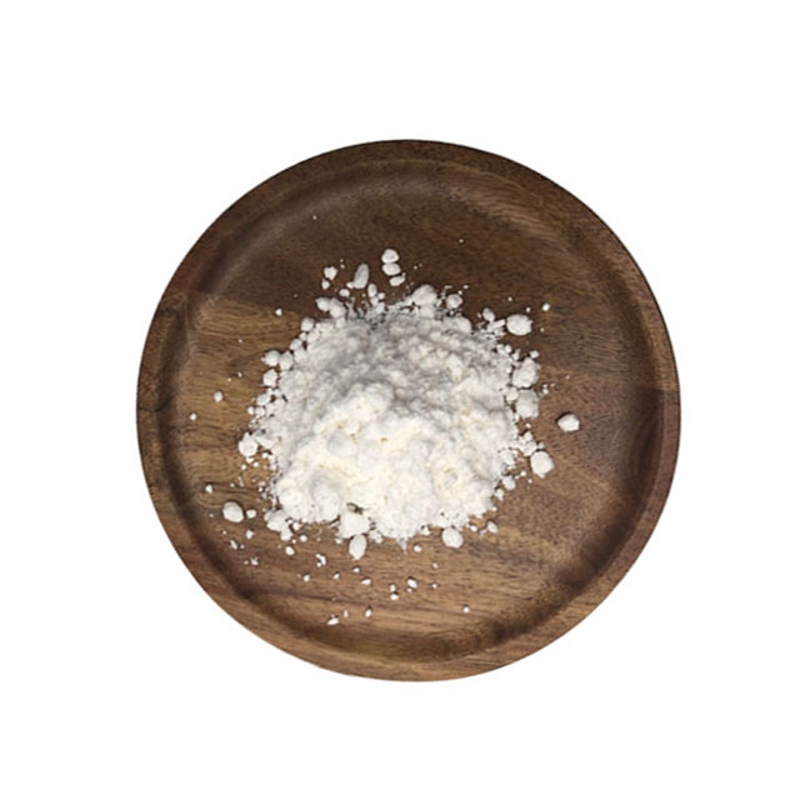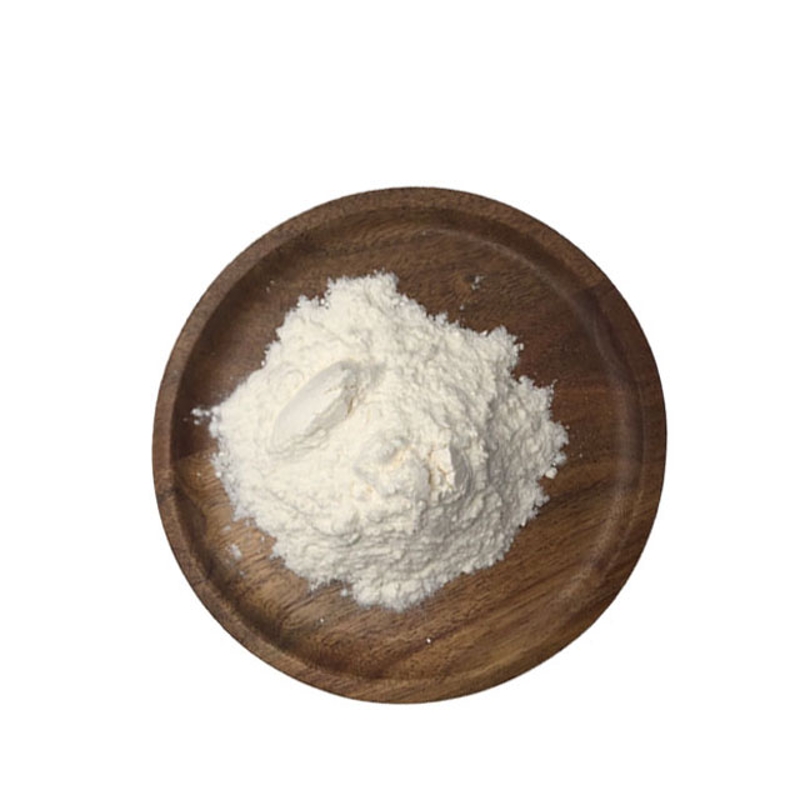Analysis of serum protein expression in patients with star cell tumor
-
Last Update: 2020-05-31
-
Source: Internet
-
Author: User
Search more information of high quality chemicals, good prices and reliable suppliers, visit
www.echemi.com
Backgroundhigh-level astrocyteoma is one of the most common and invasive brain tumors in the skullIts prognosis is poor and can only be diagnosed after an histological examinationAt present, there is a lack of molecular markers that can predict tumor status and patient prognosis earlyPaulina Vaitkiene, of the Molecular Neurotology Laboratory of the Institute of Neuroscience, University of Health Sciences, Lithuania, and others used customized human antibody chips (including ANGPT1, AREG, IGF1, IP10, MMP2, NCAM1, 10 proteins, such as OPN, PAI1, TGF beta 1 and TIMP1, were detected and compared the concentrations of 10 serums selected above in preoperative serum and 43 healthy control serotes in patients with different malignant degreesresultsresults showed no significant difference spree between the astrocyte group and the healthy control groupThe decision tree classification model sedated with selected 10 serum proteins showed that serum proteins ANGPT1, TIMP1, IP10 and TGF beta 1 were effective target combinations for glioma diagnosis with an accuracy of 73.5% (75/102), and 47 cases (79.7%) of star cell tumors and 28 (65.1%) healthy controls were correctly classifieddivided 39 glioblastoma (GBM) patients into two groups based on postoperative survival time, of which 26 patients who survived more than 1 year after surgery and 13 in the group who had less than one year of survivalThe survival analysis results showed that the bone bridge protein (OPN) level predicted the 12-month survival rate of GBM patients with a specificity of 84%, while the addition of IP10 protein can increase the specificity of the prediction model to 92.3%In the Kaplan-Meier analysis, there was a significant correlation between the total lifetime of glioblastoma patients and the combination of OPN and IP10 proteins (nogital rank test, s2 x 4.04; df s1, p,0.044)conclusionsthe results show that the combination expression of ANGPT1, TIMP1, IP10 and TGF beta1 serum protein serotonin can predict the survival status of patients with astrocyteoma, but it is not related to the degree of tumor malignancy; The authors also believe that single serum protein expression is not enough to predict the dynamic change serotonin, and that the prediction rate of astrocyte survival can be improved through serum protein combination.
This article is an English version of an article which is originally in the Chinese language on echemi.com and is provided for information purposes only.
This website makes no representation or warranty of any kind, either expressed or implied, as to the accuracy, completeness ownership or reliability of
the article or any translations thereof. If you have any concerns or complaints relating to the article, please send an email, providing a detailed
description of the concern or complaint, to
service@echemi.com. A staff member will contact you within 5 working days. Once verified, infringing content
will be removed immediately.







